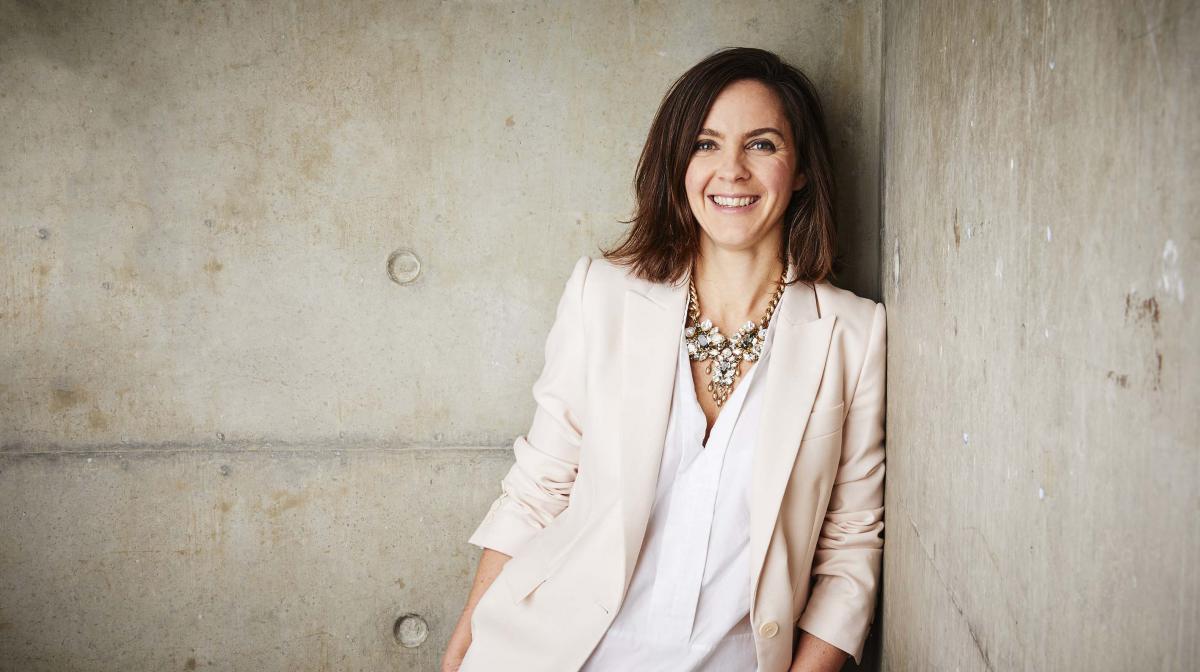
After more than 40 years of operation, DTVE is closing its doors and our website will no longer be updated daily. Thank you for all of your support.
UK government to consider Channel 4 privatisation in formal review
The UK government is to hold a formal review into selling Channel 4, the British broadcaster behind hits such as It’s A Sin, following month’s of speculation about the service’s future.
The Department for Digital, Culture, Media and Sport has announced that it will oversee the review, which will examine whether privatising the broadcaster “could help secure its future as a successful and sustainable public service broadcaster.”
Channel 4 has been owned by the UK government since its launch in 1982, but ministers have argued that the rise of streaming services has changed the landscape to such an extent that the broadcaster may be better placed in private ownership.
They have further pointed to ITV and ViacomCBS-owned Channel 5 as examples of successful privately owned commercial public service broadcasters and suggested that Channel 4 would be able to “diversify its income streams”.
UK Culture secretary Oliver Dowden has said that changes to the model may also allow Channel 4 to invest in new technology and produce new content and programming.
“This would better allow Channel 4 to compete and strengthen its role as a public service broadcaster and secure the long-term benefits it can bring to the creative industries and to audiences.”
However, Channel 4 execs appear wary of the idea of privatisation and have previously rejected such plans when they were previously raised in 2016.
During Channel 4’s announcement of its 2020 report, CEO Alex Mahon pointed to the broadcaster’s “record financial surplus” of £74m ($103m) last year and “excellent” financial health.
She cautioned: “We’ve always got to be careful of doing anything that might be irreversible that could possibly damage some of those things that we do for the sector and that we do for the UK.”
Late last year, Channel 4 unveiled a new corporate strategy called Future4, to accelerate its transition to digital, placing a renewed focus on its streaming services, while also launching a new £30m ($40m) content fund.
The broadcaster has invested more than £11bn in the UK production and creative sector since its launch in 1982, supporting the creation of global formats including Come Dine With Me and Gogglebox.



